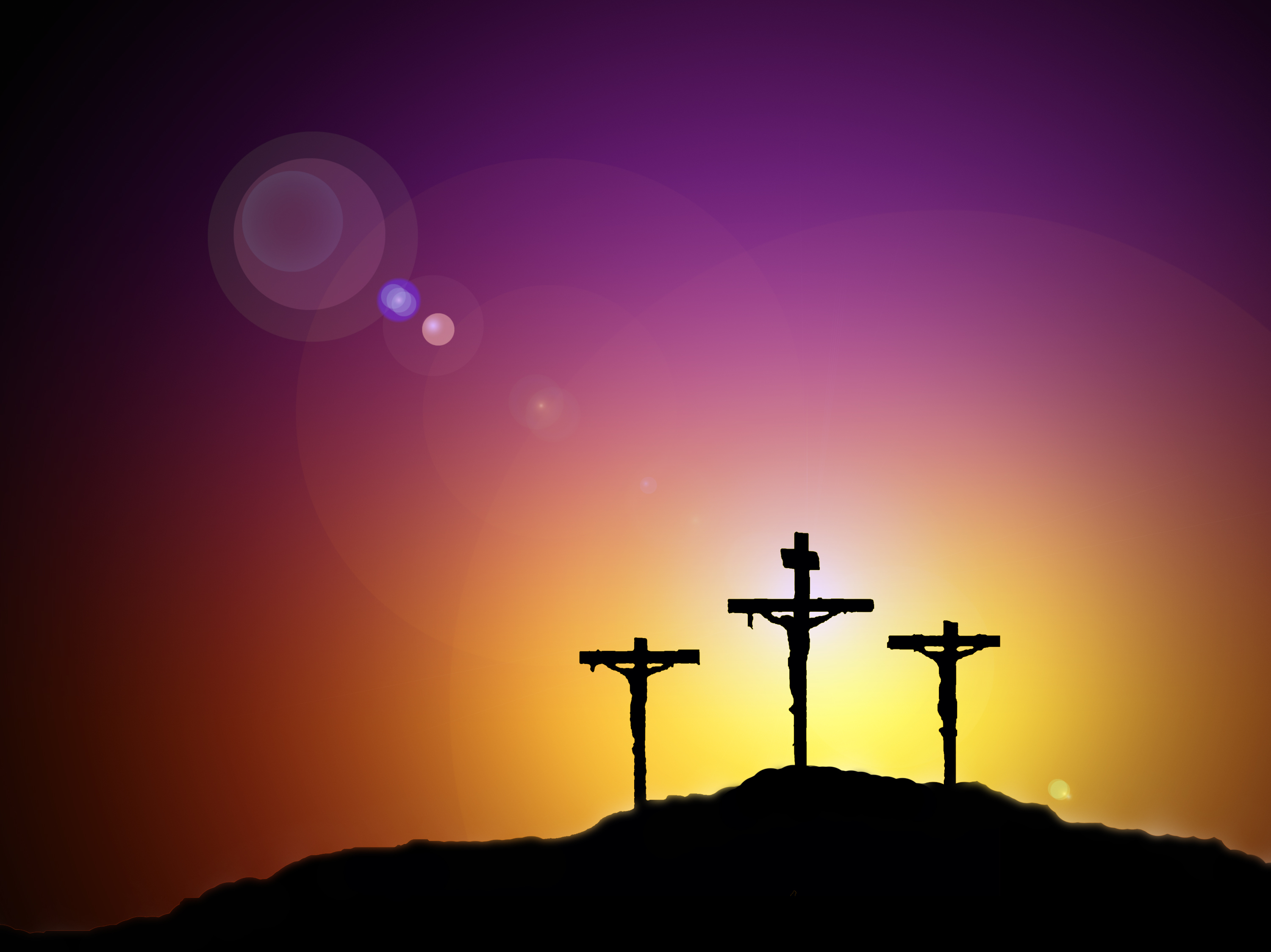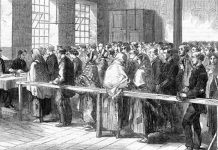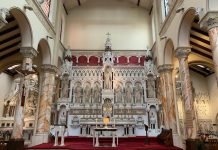Why is it never on the same date
If you wonder why Easter is this on this date in 2017 and moves around anywhere between the 22nd March and 25th April then look no further than the First Council of Nicea.
Yes, back in 325AD when Constantine the Great gathered some one hundred religious leaders at a meeting which some theologians will tell you invented the concept of Christianity, decided that Easter, that celebrates the resurrection of Christ after his crucifixion, would be celebrated on first full moon after the vernal equinox.
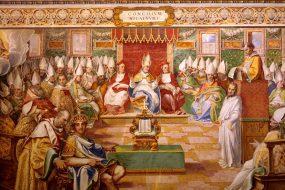
It is though not quite as simple as that as the dates are calculated with the old Gregorian calendar which is thirteen days out of sync with the modern version and that the moon is not the astronomical one but an ecumenical full moon and the two dates can vary by as much as two days.
Confused? Well there is more, Back in 325 AD, the council decided that Easter would always be celebrated after the Jewish festival of Passover, because the bible clearly states that the death, birth and resurrection of Jesus all happened after this feast.
Meanwhile back to the calendars.The Julian calendar of 21 March, the date of the March equinox, by which the date of the Ecumenical moon is fixed, corresponds with the 3rd April in the Gregorian calendar.
Orthodox Christians who follow the later will therefore find that Easter could fall anytime between the 4th April and the 5th May.This year, the two coincide.
Easter is not just one weekend though.
Lent, the 40-day period leading up to Easter Sunday, is a time of reflection and penance and represents the 40 days that Jesus spent alone in the wilderness before starting his ministry, a time in which Christians believe he survived various temptations by the devil.
The week preceding Easter is called Holy Week and includes Maundy Thursday, which commemorates Jesus’ last supper with his disciples; Good Friday, which honors the day of his crucifixion; and Holy Saturday, which focuses on the transition between the crucifixion and resurrection.
The 50-day period following Easter Sunday is called Eastertide and includes a celebration of Jesus’ ascension into heaven.
What about the eggs and the bunny.
Well the egg is linked to the resurrection, the rebirth of life but as with Xmas, it has a commercial side, and has incorporated various folk customs and pagan traditions, including Easter eggs, bunnies, baskets and chocolate which have become a standard part of the festival.
The bunny in particular is linked back to the pagan festival of Eostre from which Easter gets its name, the animal linked to the Northern Fertility God.
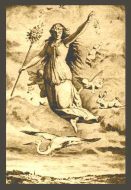
The eggs, according to Medieval French scholar Terence Scully who says that “Because eggs were one of the most important foodstuffs covered by the dietary injunctions of Lent…the end of this long period of purification and abstinence…was celebrated by a blessing of eggs in church. These eggs, stained and gaudily decorated with the happiest of bright colours in anticipation of their return to the dining board, were exchanged as gifts among friends and relatives; quite naturally they became known as Easter Eggs.”
Anyway Happy Easter to all our readers

